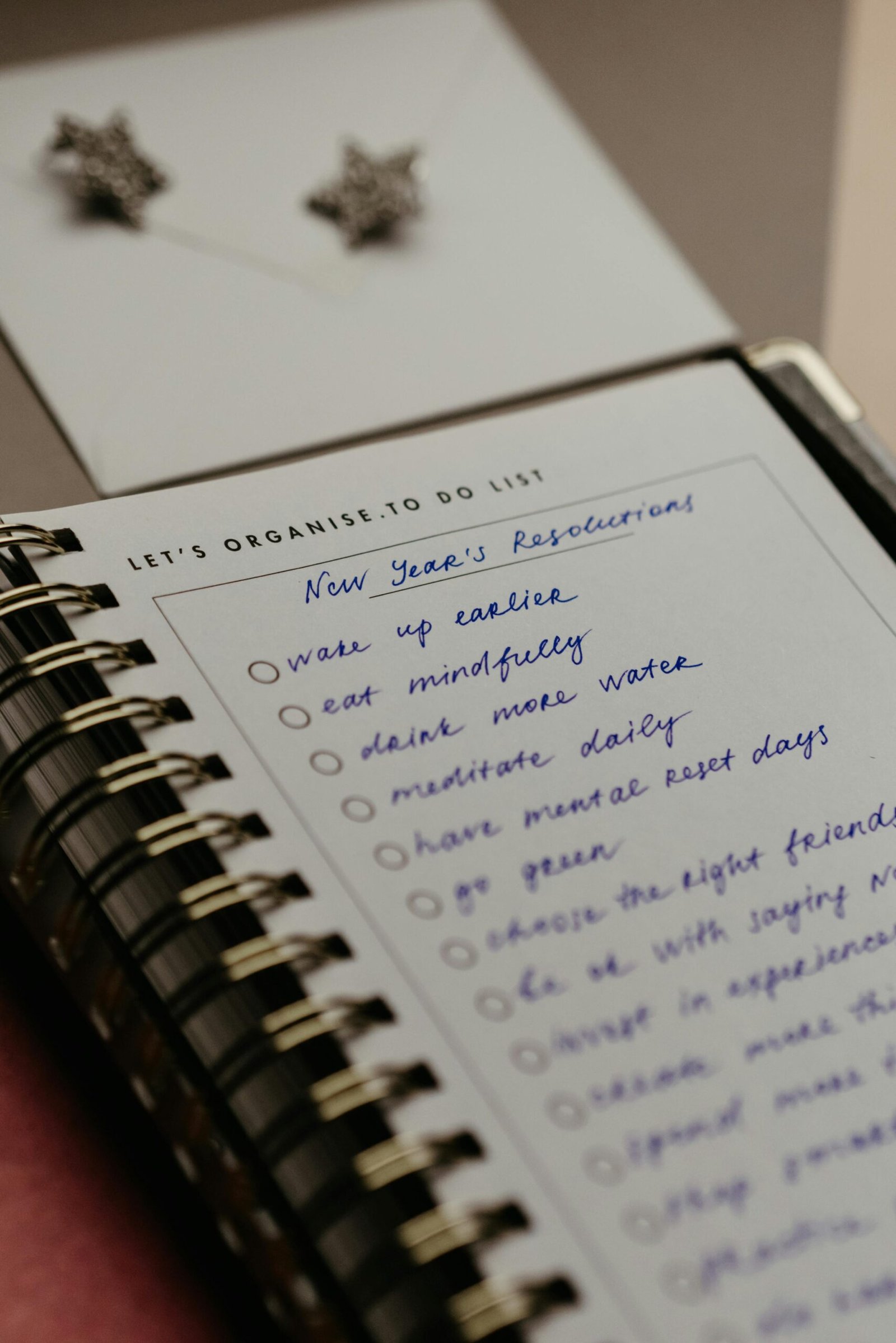Next Steps
Your DHEA-S level is one piece of the bigger hormone picture. Consider these follow-ups:
Review your results with a healthcare provider. They can interpret your DHEA-S number alongside other adrenal and sex-hormone labs (like cortisol, testosterone, or estradiol).
Track patterns over time. Re-testing every 3–6 months can reveal whether lifestyle changes, supplements, or medications are making a difference.
Support adrenal health daily. Prioritize quality sleep, balanced meals with protein and healthy fats, stress-management practices, and moderate exercise.
Explore root causes. Elevated or low DHEA-S can reflect issues such as chronic stress, PCOS, or adrenal fatigue—conditions best addressed with a personalized plan.
Book a free 60-minute consultation with Nurse Rebecca. We’ll review your labs together and create realistic next steps tailored to your lifestyle.
References
Mayo Clinic. DHEA-sulfate test. https://www.mayoclinic.org/tests-procedures/dhea-sulfate/about/pac-20384980
MedlinePlus. DHEA-sulfate (DHEAS) test. https://medlineplus.gov/lab-tests/dhea-sulfate-dheas-test/
National Institutes of Health, Office of Dietary Supplements. Dehydroepiandrosterone (DHEA). https://ods.od.nih.gov/factsheets/DHEA-Consumer/
American Association for Clinical Chemistry. DHEA-S Testing. https://labtestsonline.org/tests/dheas
















